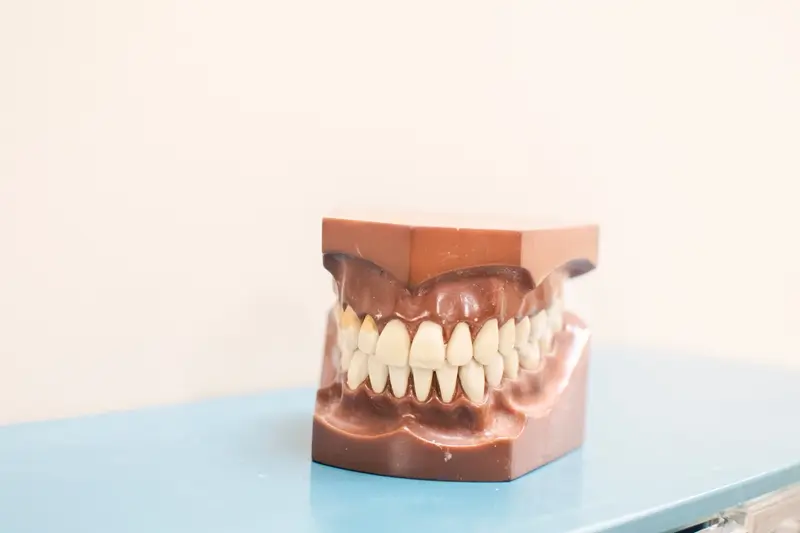We all dream of the perfect Hollywood smile. However, yellowing and stains are two hurdles that stand in many individuals' way. Thankfully, for a number of years, City Dentists have been helping countless people turn this dream into a reality.
But does dental bleaching prevent long-term teeth yellowing?
What is dental bleaching?
Dental bleaching is a safe, effective and easy way to enhance your smile. It removes all stains to make your teeth as white as they naturally can be, without damaging their protective surface.
While there are several different bleaching treatments, one of the most popular, and the only one we offer here at City Dentists, is the custom-made tray method. This is completed in your very own home and provides better long-term shade change than the single visit technique.

How does dental bleaching work?
Your journey to whiter teeth will begin with a consultation. Here, a dentist will assess your current situation, dental health and suitability, before taking impressions of your top and bottom teeth to create your custom-made tray.
At home, simply place the specialist gel inside the tray and wear for a short period each day. How often you wear the tray will depend on your individual situation. Some people notice great results within the first week whilst others will need to continue the treatment for a longer period. It's completely painless and simple to use either way.
How long does dental bleaching last?
Of the many factors that affect the longevity of your teeth whitening results, diet is one of the most important. Depending on what you eat and drink, you may require a touch up every six to eight months, or just once every couple of years.
Therefore, while dental bleaching is an effective whitening solution, people must be aware that if certain precautions aren't made, it may not prevent long-term teeth yellowing. But what are the main culprits that impede teeth whitening?

What impacts whitening results?
There are many food and drink items that stain teeth. Some of these include:
- Red wine.
- Coffee.
- Tea.
- Soft drinks.
In the short time after the initial whitening treatment, your teeth are especially prone to staining, so do your best to limit contact with the above items.
Smoking is another guilty party that contributes to tooth discoloration. Due to the high nicotine and tar content found within tobacco products, many smokers complain of yellow and brown teeth after years of smoking. It can also increase the risk of gum disease, so limiting exposure is recommended.
What can you do to help?
Limit your contact with stain-prone foods, reduce smoking, and if you're looking to improve the whiteness of your teeth, a whitening toothpaste can also help. There are many on the market, but you'll want to look out for hydrogen peroxide in the ingredients list. This is well-known for its whitening properties but will come in a smaller dose than what is typically used in professional dental treatments. You won't achieve the same level of results as our custom-made tray method.
If you're looking to gain a whiter smile, why not start the process today? Get in touch with a specialist at City Dentists to arrange your dental bleaching consultation.
